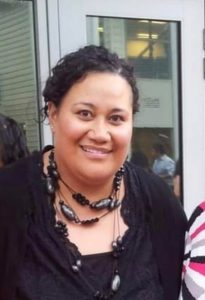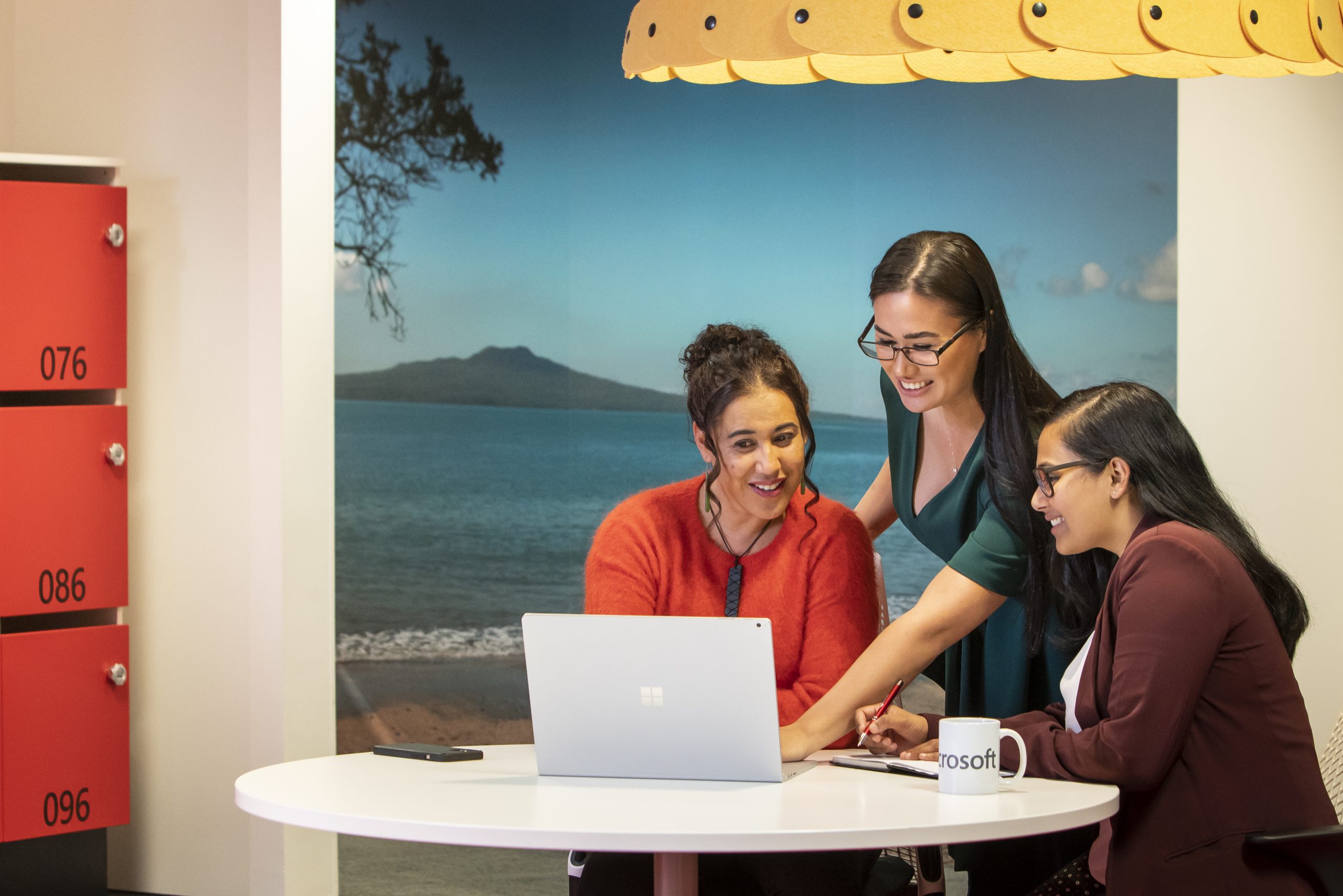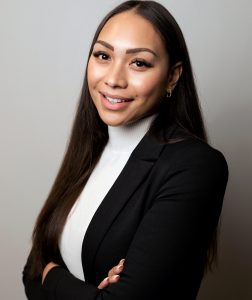Just your typical day in the tech department – the scene could write itself. Someone from marketing needs help reaching more customers, so Liz and Fiona call a brainstorm to thrash out ideas. Sarah dials in on Teams – she’s picking up the kids from daycare. Meanwhile Anju is in hospital – helping manage a digital transformation project that will save thousands of lives.
The only thing about this scene that isn’t typical is the names. For years we’ve been talking about the underrepresentation of women in digital roles across the world. Many simply don’t see technology or digital-focused roles as viable career paths. In New Zealand, only a quarter of the tech sector is female, and that number is much smaller in senior roles and at board level. Meanwhile, the tech sector (and all businesses) are crying out for people with digital skills to support growth. In order to transform New Zealand’s economy, we need people with tech capabilities, which means as big a talent pool as possible. And as the little scene above shows, there are so many opportunities for women to use different skills in tech careers, from problem-solving and design to communication.
So why aren’t we seeing more apply?
Microsoft research reveals lack of relevant skills – or the perception they don’t have the right skills – had stopped over half (59%) of women surveyed pursuing a digital career. Even more crucially, over 90% of respondents said they are not currently being offered training or assistance to help increase their digital skills.
The survey also showed the types of skills in demand aren’t well understood. It’s all too common for people to believe tech careers require programming or technical skills, but that’s just not the case. Managing tech projects requires creativity, good people skills and communication, as well as the ability to see things from the tech user’s point of view – in other words, empathy. Yet less than a third of respondents identified these as important.
If we can build confidence and understanding of digital skills, more wāhine might change their mind about a career in tech.
Before COVID happened, Mere Rewi-Leaunga was a flight attendant seeing the world. Ruth Langi ran her own events business. Now, both of them are part of PwC’s Ignite programme, an apprenticeship scheme which is helping women across Aotearoa find rewarding new employment via on-the-job training and partnerships with companies like Microsoft to provide digital skills. Already Mere has created a Māori language app for kids, following her passion, and her old school has invited her to speak to girls there about opportunities in tech. And Ruth’s husband was so inspired by her stories he applied at PwC himself!
Mere Rewi-Leaunga
As Ruth says: “I’ve always seen myself as in the tech industry. If I’m using Facebook or a computer, that’s using digital skills. But now I’m getting paid for it. And being of Samoan and Tongan heritage, empathy and other cultural values have been instilled in us by our aunties and uncles. We think communally, and that’s something we can bring to the table in tech roles, where that way of working is really important.”
Ruth Langi
Businesses like PwC are instrumental, in helping more wāhine across New Zealand find rewarding digital-focused careers. But to really shift the dial we need to bring together even more partners. And we need to get ambitious.
Building a path for 10,000 women
That’s the thinking behind our new Microsoft initiative, #10KWomen, which aims to bring together New Zealand businesses, Microsoft partners and education providers to give 10,000 female school students, tertiary students, career-changers and women returning to the workforce the right skills for a digital career over the next 12 months.
Through the programme, women will be able to attend a series of different events covering everything from cloud and enterprise skills, to courses offered through Microsoft’s training partners, to gain experience and certifications. There will also be mentoring and free training courses available through Microsoft Learn. Some of the key initiatives include:
- Enterprise Skilling – we’ll be working with our customers and partners to create programmes that support women within their organisations to acquire new digital skills
- Microsoft Learn – our free online learning platform where women can discover new skills, find certifications, and advance their career with interactive, hands-on learning paths.
- Global Skills Initiative – Through the Global Skills Initiative, people worldwide will have free access to training content on Microsoft Learn, LinkedIn Learning, and GitHub Learning Lab. Additionally, a set of Microsoft Certification exams aligned to in-demand jobs are available to those who self-attest that their employment has been impacted by COVID-19 at a significantly discounted fee of $15 USD, helping job seekers demonstrate their skills to potential employers.
- Hour of Code – A partnership with OMGTech! to reach 2,500 young women aged 8-12 from underserved communities through Hour of Code events delivered by volunteers from the technology sector.
- DigiWāhine – A series of in-school events inspiring year 9-13 wāhine to consider roles in technology. Working with our partners to provide hands-on experiences and career discussion circles with inspirational wāhine working in digital and technology roles.
Vanessa Sorenson, MD Microsoft NZ
Building a foundation for the future
Technology roles are only going to play an increasingly pivotal role in New Zealand. We know that an organisation that thrives is one where there is equal representation of ideas, cultures and genders, and the tech department is no different. By giving 10,000 women access to the resources they need to feel more confident, more tech-savvy and more digitally prepared, we’re hoping to help create more balanced and successful businesses.
What was promising, was that while 92% of the respondents of the survey did not work in digital roles, 38% would consider a tech role now. We hope this signals that the tide is turning, driven in part by major announcements like Microsoft’s investment in the country’s first datacenter region, and it’s programmes like #10KWomen that will help speed things up even more.
No matter what age and stage you are at within your existing career, we want to provide an opportunity for all Kiwi women to extend their knowledge and digital skill sets to help set them up for the future.



